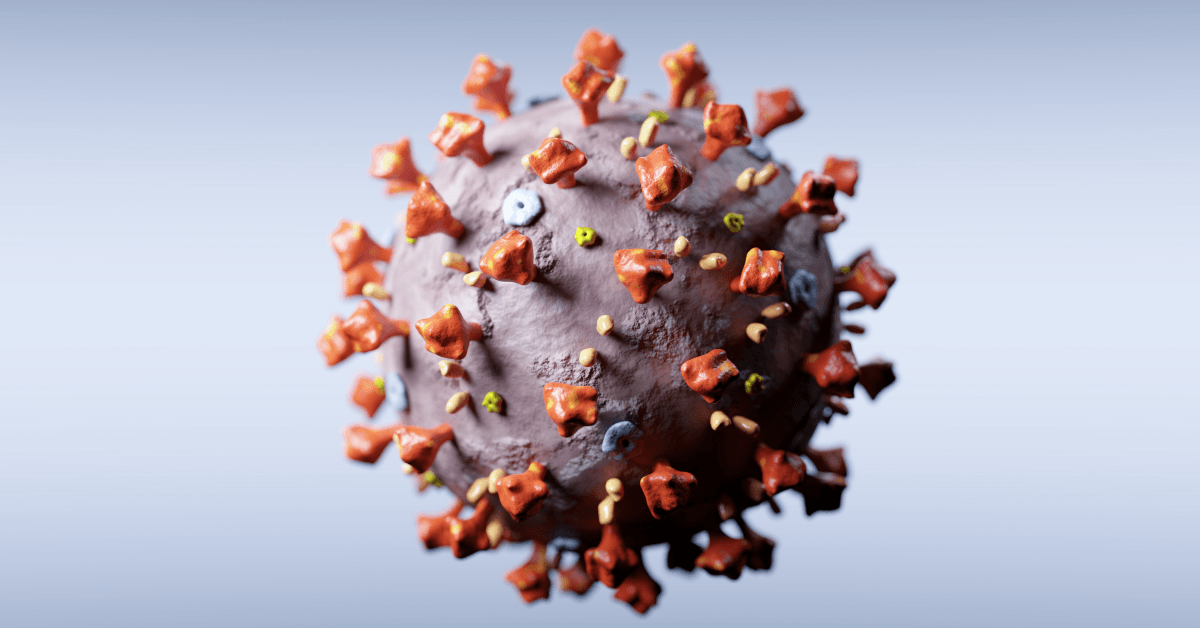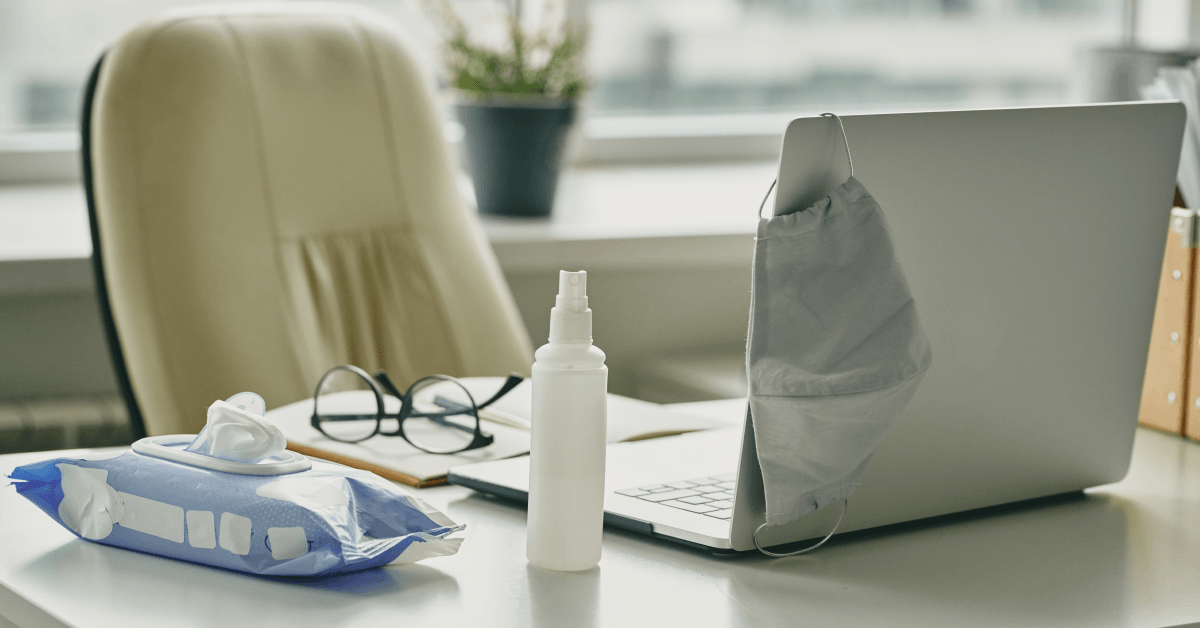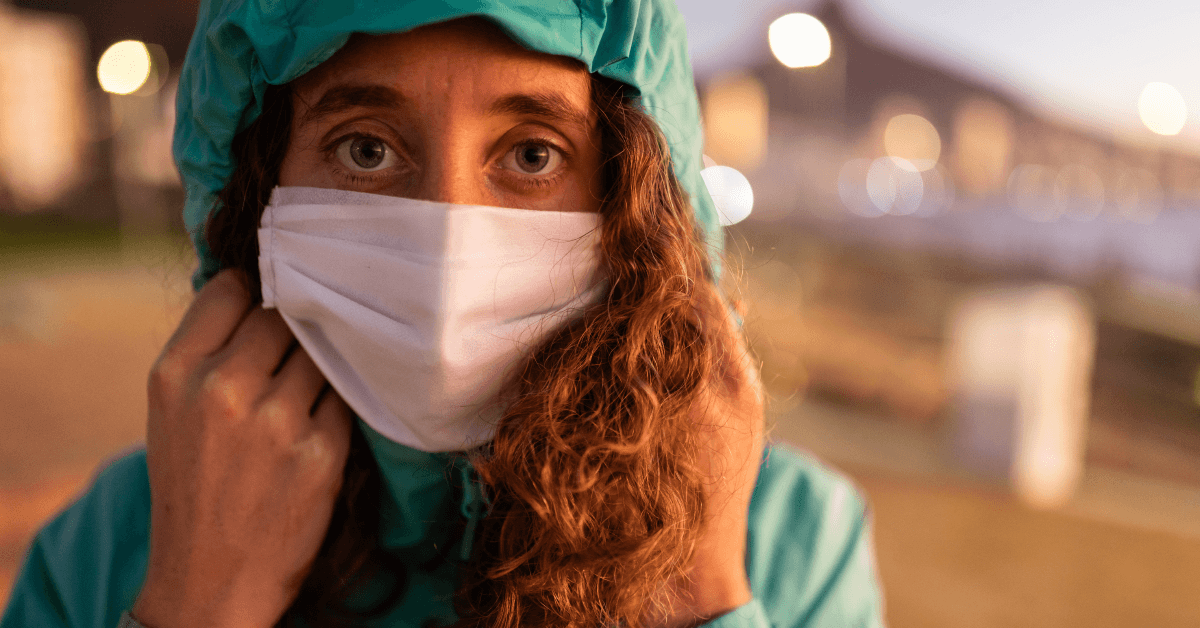From ransacked grocery stores to constant news reports, coronavirus is on everybody’s mind. But considering there’s no way to cure or vaccinate for this deadly virus, those who are suffering from substance abuse problems are beginning to ask a very important question… Is rehab safe during this coronavirus outbreak?
As the virus continues to spread, both globally and nationally, safety is of the utmost importance. If you’ve been wondering whether it’s safe to go to drug rehab in the middle of this pandemic, don’t worry — we have the answer.
And it might not be the one you expect.
What is COVID-19?

COVID-19 is a new viral strain from a family of viruses called coronaviruses. It is a highly contagious respiratory illness for which there is currently no cure or vaccine. Prior to the first outbreak in Wuhan, China, in December of 2019, COVID-19 had never before been identified in humans. It’s officially known as “Novel Coronavirus” although it’s widely referred to simply as “Coronavirus”.
To be clear, not all coronaviruses are deadly. The coronavirus family spans many different levels of severity, from the common cold to more concerning illnesses like MERS (Middle East Respiratory Syndrome) and SARS (Severe Acute Respiratory Syndrome).
The COVID-19 strain is among the more dangerous varieties of coronavirus since it can be fatal without treatment. Currently, COVID-19 has an approximate mortality rate of 1.0 percent, which is both higher and lower than some other recent pandemics.
- COVID-19 (2019-Present), 1.0 percent
- H5N1 “bird flu” (1997-Present), 60.0 percent
- SARS (2002-2004), 15.0 percent
- Spanish influenza (1918), 2.0 percent
- Seasonal influenza (Annual), 0.1 percent
- H1N1 “swine flu” (2009), 0.02 percent
As you can see, the mortality rate for COVID-19 is higher than seasonal influenza and even swine flu. Yet it doesn’t come close to being the most deadly of the more recent outbreaks. However, if a large number of people contract COVID-19, then even with a mortality rate of 1.0 percent, that still ends up being quite a lot of deaths.
Each person who contracts COVID-19 transmits the virus to two other people on average. But this could become much higher since COVID-19 is contagious from the first day of incubation.
Incubation is the amount of time it takes for symptoms of an illness to emerge from the point at which that illness was contracted. For COVID-19, incubation is fourteen days. This means that people who have contracted the coronavirus can spread the virus for two full weeks before even realizing that they’ve had it. Then all the people who came in contact with that person are, likewise, unknowingly spreading it even further.
Signs and Symptoms of Coronavirus
From a symptoms perspective, Coronavirus shares many similarities with the average flu or a severe cold. Someone with symptoms of Coronavirus will likely experience a sore throat, runny nose, chest congestion, cough, and a fever. While this may sound manageable, one of the dangers of COVID-19 is how the symptoms can become much worse over a very short period of time.
Some fatalities are due to pneumonia, which can develop as the virus becomes more severe. As well, patients suffering from Coronavirus often report that they have trouble breathing; this is likely due to the combination of the COVID-19 virus and pneumonia.
Who is Most Vulnerable to Coronavirus?
Virtually anyone can contract the COVID-19 strain of coronavirus. However, data shows that when it comes to mortality from the virus, some are at higher risk than others, which is often due to medical history.
According to the CDC, senior citizens are at the greatest risk of dying from COVID-19. This is believed to be connected to certain medical conditions and having a generally weaker immune system. However, infants and very young children are also at an elevated risk of mortality from the coronavirus. Again, weak immune systems make people particularly susceptible to COVID-19.
Some health risks, in particular, increase the likelihood of mortality from Coronavirus more than others. Of them, there are three conditions that are particularly dangerous, which are heart disease, diabetes, and lung (or respiratory) disease.
Is It Safe to Go to Rehab During the Coronavirus Outbreak?

The first death confirmed to have been caused by COVID-19 was on January 11, 2020. Within weeks, confirmed cases were being reported all over Asia. And before travel restrictions could mitigate further spreading, COVID-19 was confirmed in Europe and the United States too.
By mid-March, federal health organizations were strongly recommending social distancing and self-quarantining. It was also recommended that any public gatherings of 50 people or more be canceled.
Several states declared a state of public emergency as the World Health Organization (WHO) officially recognized COVID-19 as a “global pandemic”, a first for any coronavirus. Businesses, retailers, movie theaters, and other public spaces started to close. And inevitably, cases of COVID-19 were confirmed in all 50 states and DC.
With the threat of COVID-19 looming, many people are left with no answers to some of their important questions. For someone suffering from addiction, does the COVID-19 crisis mean addiction treatment and drug rehab are too dangerous?
A Clean, Clinical Environment
If you go to rehab during this crisis, then you’ll be spending time in an environment that’s clean and clinical. Even the most holistic treatment centers have more in common with medical facilities than with group homes. These are facilities that are created by medical professionals and run by medical professionals.
During an outbreak of a potentially deadly virus, medical facilities like drug rehabs are a very safe place to be.
Implementing and Enforcing All Safety Guidelines
Being that they’re medical facilities run by professional healthcare givers, you can expect drug rehabs to be enforcing all of the CDC’s guidelines and safety recommendations.
For instance, the CDC discourages crowds of 50 people or more — in fact, the White House recommends avoiding crowds of as little as 10 people — so you can expect a drug rehab to make sure patients are never in situations where the number of patients in one place never exceeds what is safe or recommended.
Under the Care of Experienced Medical Professionals
People self-quarantining at home must figure out how best to protect themselves from Coronavirus and, more importantly, put those guidelines into effect on their own. As a result, there will likely be many households in which one or more people overlooked or misconstrued one of the safety guidelines, unknowingly putting themselves at risk.
But under the watchful eye of medical professionals at rehab, you’ll be safe while caregivers use their extensive knowledge and experience to maximize your safety and health.
Regaining Your Health When It Matters the Most
As we mentioned above, having a weak immune system is not only a risk factor for contracting COVID-19, but it’s also a major risk factor for Coronavirus mortality. And one of the consequences of suffering from addiction for a long period of time is a significantly reduced and weakened immune system. But one of the main goals of drug rehab is to help patients regain their physical health, which also revitalizes their immune systems. Therefore, going to rehab can actually make your body less susceptible to Coronavirus and its effects.
Stay Safe and Discover Your Recovery at Discover Recovery Treatment Center

Whether you need drug rehab in Washington or treatment for an addicted loved one, Discover Recovery is here for you. With several programs to choose from — e.g. detox treatment and residential treatment — we can accommodate all needs and preferences.
Don’t let the Coronavirus pandemic stop you from pursuing the life you deserve. To learn more about Discover Recovery Treatment Center and our programs, contact us at your earliest convenience. And keep an eye on the Discover Recovery Blog for regular posts with useful information about addiction, recovery, and treatment.
https://discoverrecovery.com/wp-content/uploads/2020/03/Woman-in-mask-at-window-01.png
